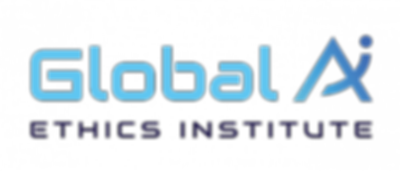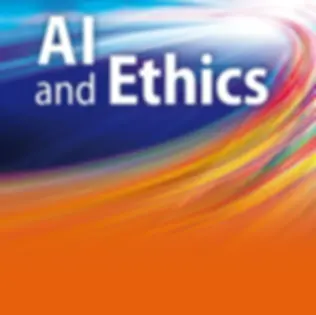

About us
OdiseIA is a non-profit, independent organisation that provides a platform for debate and action. It was founded in November 2019 by 10 individual professionals who collectively believed in the need for an ethical and responsible use of artificial intelligence. OdiseIA is supported by companies, universities, institutions, and individuals.
Meet the board, as well as some of our active members.
Board of Directors
Featured members
Institutional members










Educational members



Collaborating organisations
Global AI Ethics Consortium
We collaborate with the “Global AI Ethics Consortium (GAIEC)” based at the University of Munich in Germany, which brings together world leaders in ethics and AI from institutes such as the Oxford Internet Institute, The Alan Turing Institute, The GovLab (US), the Beijing Academy of Artificial Intelligence, Imperial College, and the Singapore Management University.






Founders of the Editorial Board of Springer's “AI Ethics” journal
Idoia Salazar and Richard Benjamins are founding members of the editorial board of Springer's academic journal “AI Ethics.”

Blue Spain
We collaborate with “La España Azul” which seeks to generate an environmental impact through scientific research that will be carried out by collecting data and samples at geo-located points for subsequent analysis in the laboratory.

Alliance with TECNALIA
OdiseIA and TECNALIA Research & Innovation come together to promote the responsible use of Artificial Intelligence in companies.
The technological research and development center and OdiseIA will promote, through their collaboration, actions around ethics, responsibility and current legislation regarding this technology.

Diploma in artificial intelligence and its impact on law at the School of Legal Practice.
Course designed for professionals in the legal and other sectors, providing an in-depth understanding of artificial intelligence (AI) and its regulation in the European Union.
It covers technical aspects, use cases, ethical and legal regulation, and the impact of AI in various regulatory areas. In addition, the new European Regulation on Artificial Intelligence is analyzed, with a focus on digital literacy and adaptation to existing regulations.
Link to the course here.











.png)











